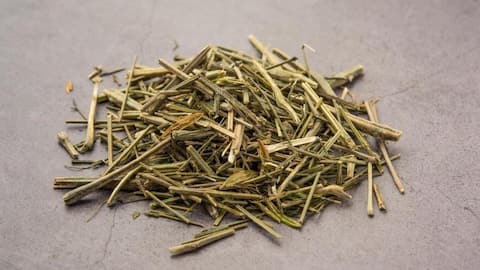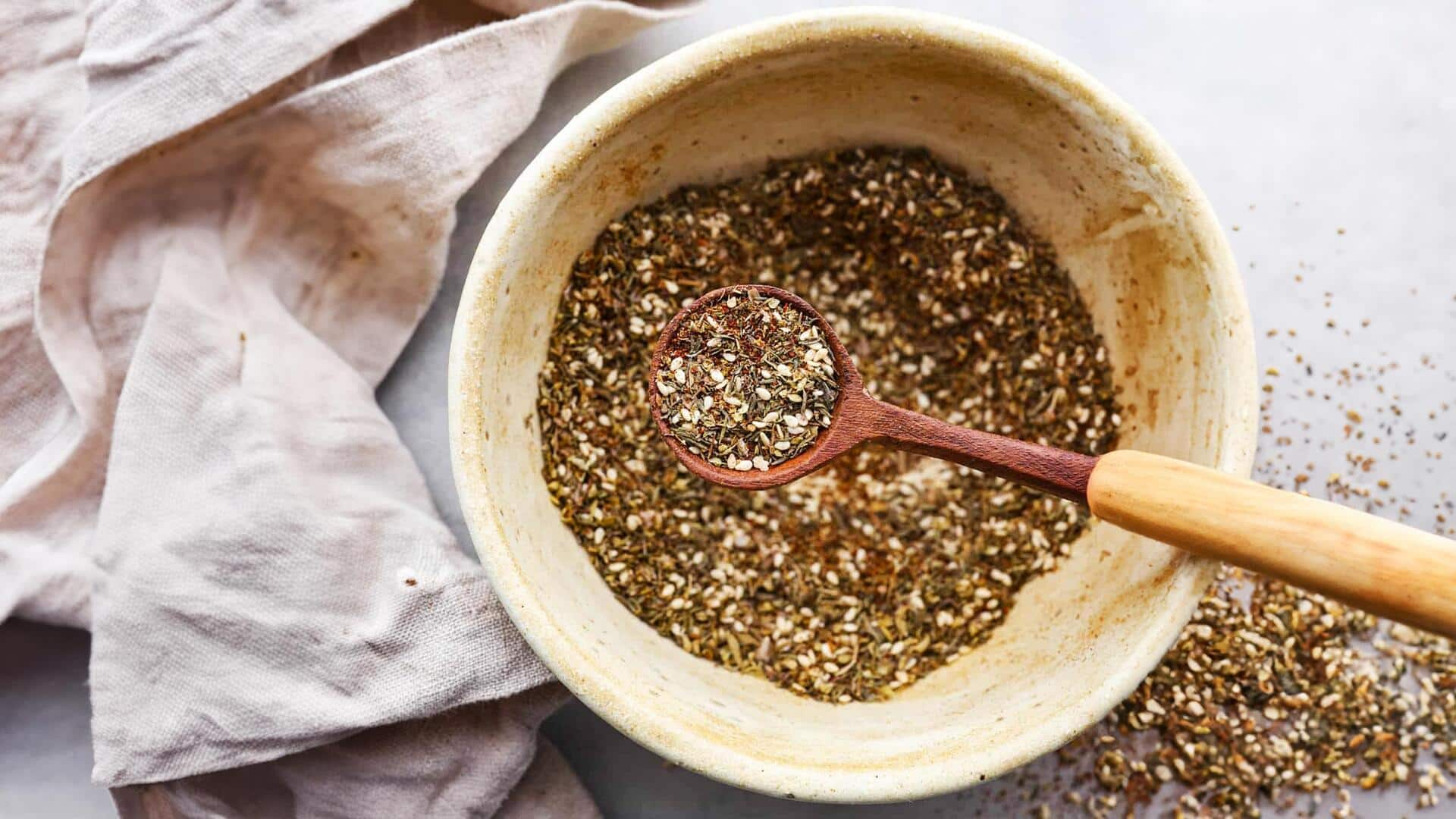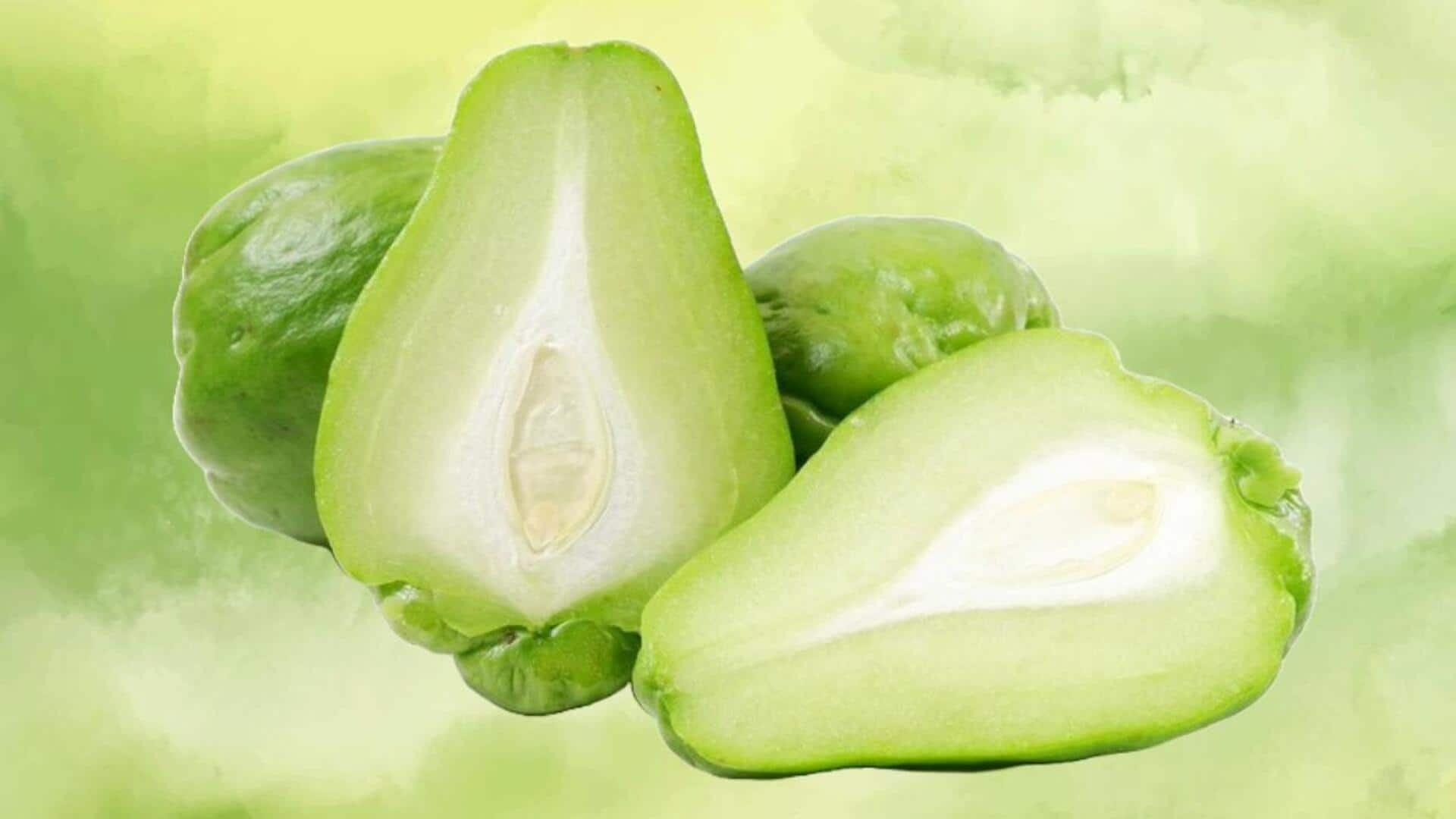Chirata is a Himalayan herb that offers many health benefits
What's the story
Chirata, or Swertia chirayita, is a plant that has been traditionally used to cure a range of ailments, including liver diseases, diabetes, and malaria. This plant grows across the temperate Himalayas, from Bhutan to Kashmir. Chirata has several tiny, dark yellowish blooms that are followed by spiky, pink, or white fruits that resemble hair. Let's discuss its stellar health benefits.
Helps digestion
Improves digestion
Chirata has potential benefits for a multitude of digestive system disorders including gastritis, indigestion (an upset stomach), gas buildup in the tummy, bloating, heartburn, and stomach discomfort. In addition to this, it has laxative qualities and relieves constipation. According to several experts, this herb works well for treating diarrhea as well. Check with your doctor to find out its dosage.
Skincare
Good for your skin
Chirata leaves can be ground into a paste, to be applied topically to treat skin conditions including acne and eczema. An infusion made from chirata leaves has the potential to treat skin rashes as well. It is also useful for skin irritation, dryness, and burning feelings. However, before putting anything on your skin, it is important to get advice from a dermatologist.
Anti-parasitic qualities
Helps you get rid of parasites
Chirata is believed to have anti-parasitic qualities that can aid in the removal of helminths, or parasitic worms, as well as other parasites. This plant can also aid in the eradication of tapeworms, flukes, and roundworms. Chirata also keeps liver problems and other symptoms related to worm infections, such as diarrhea, at bay. For guidance and treatment on worm infestation, speak with your physician.
Treats anxiety
Keeps stress and anxiety at bay
Because of its effects on the central nervous system, chirata creates a metabolite called swertiamartin, which is used to treat acute stress and anxiety. It works well with convulsions as well. With this, you can easily pair the consumption of chirata with your other lifestyle practices for better mental health. However, check with your healthcare expert for the right usage.
Poll


